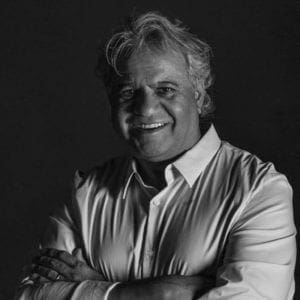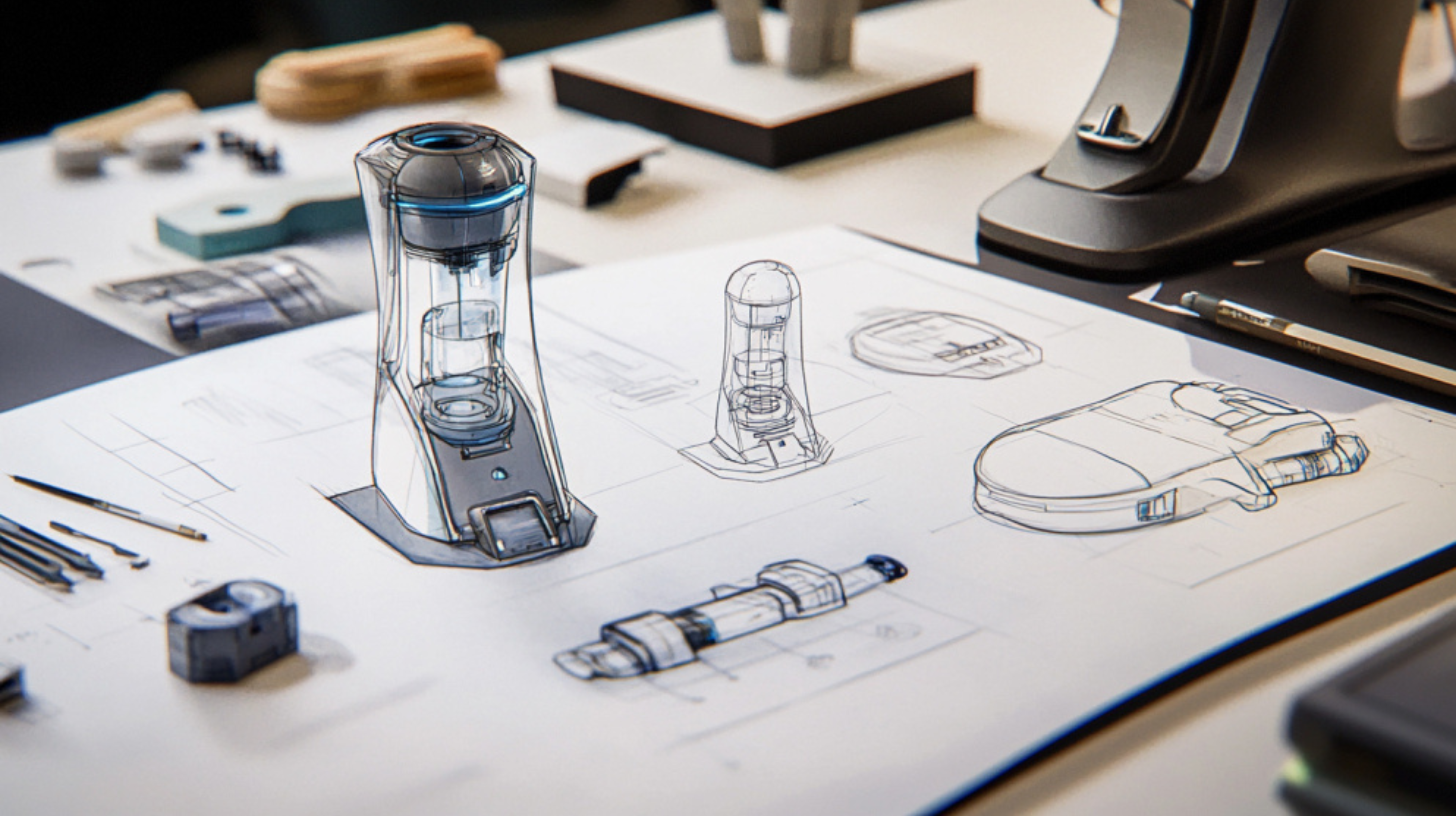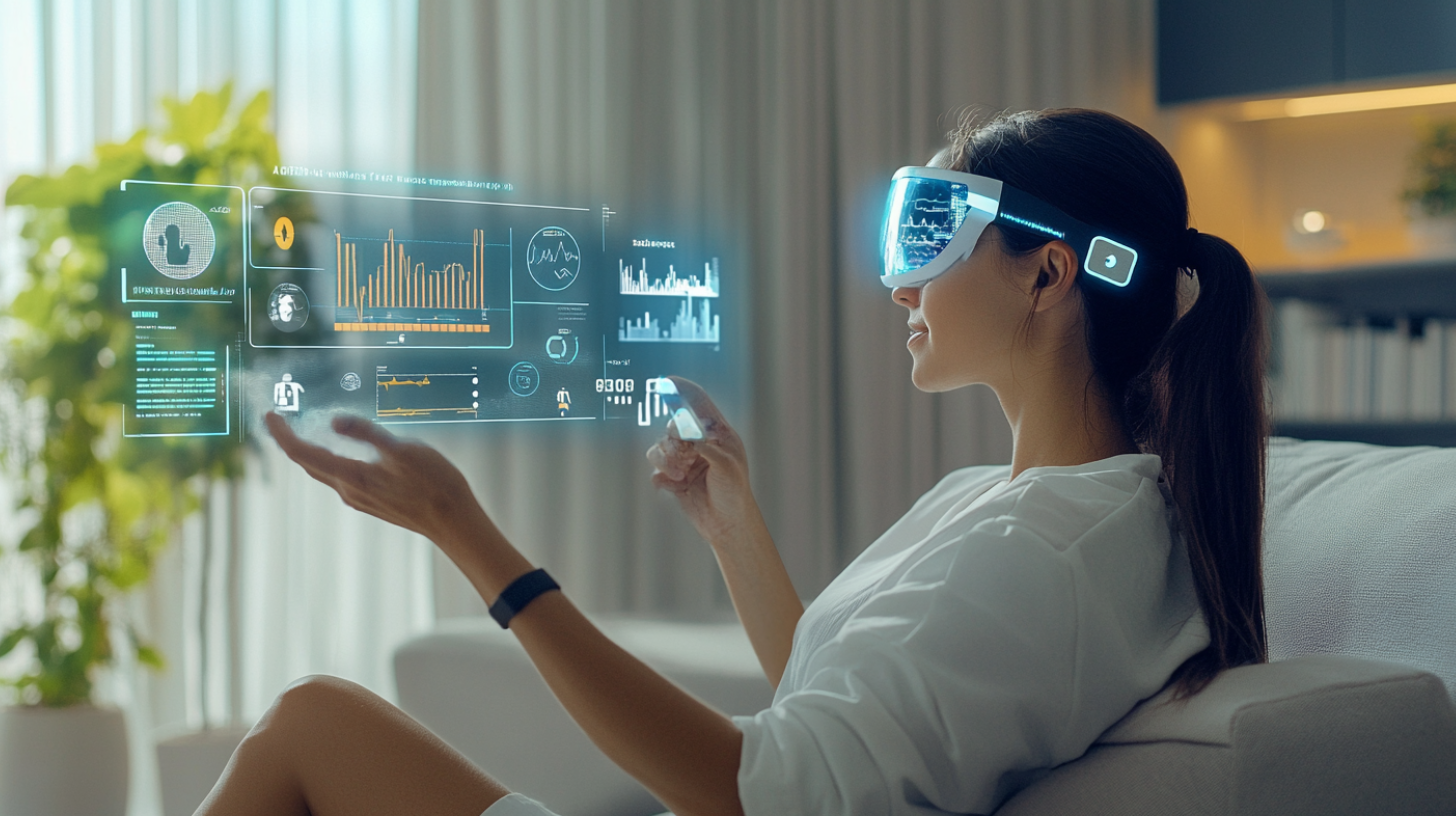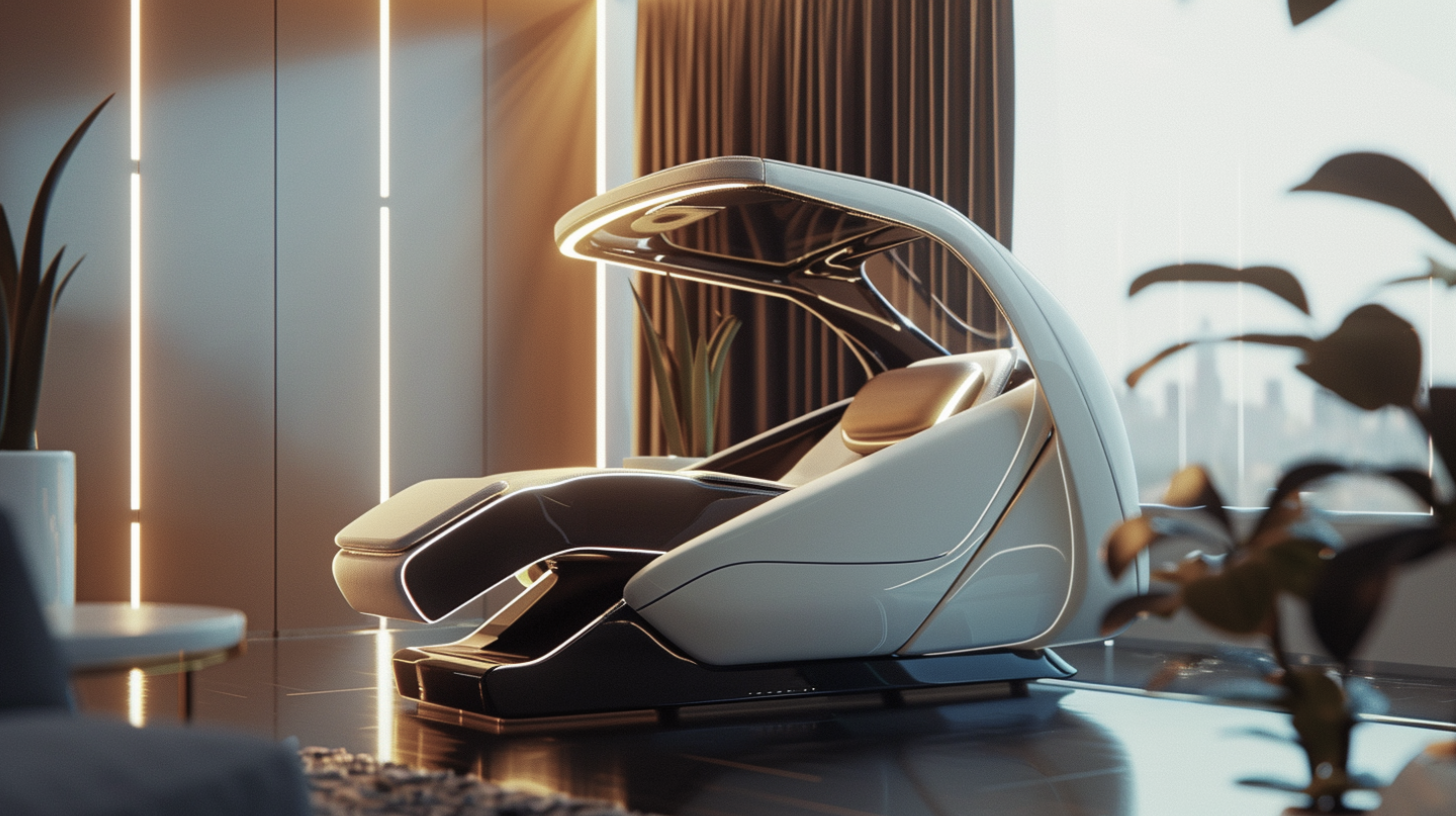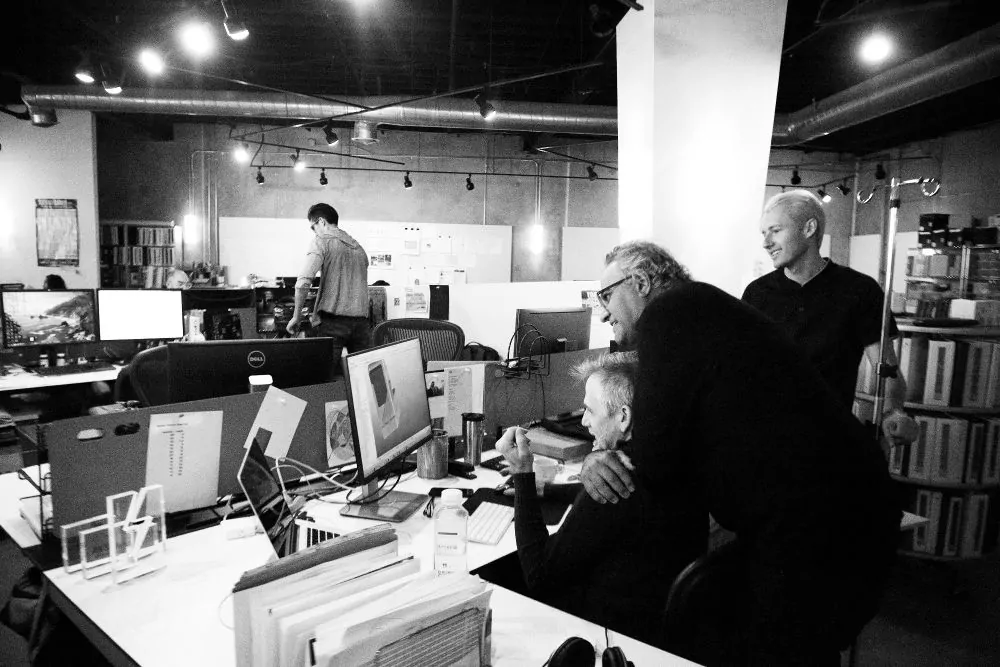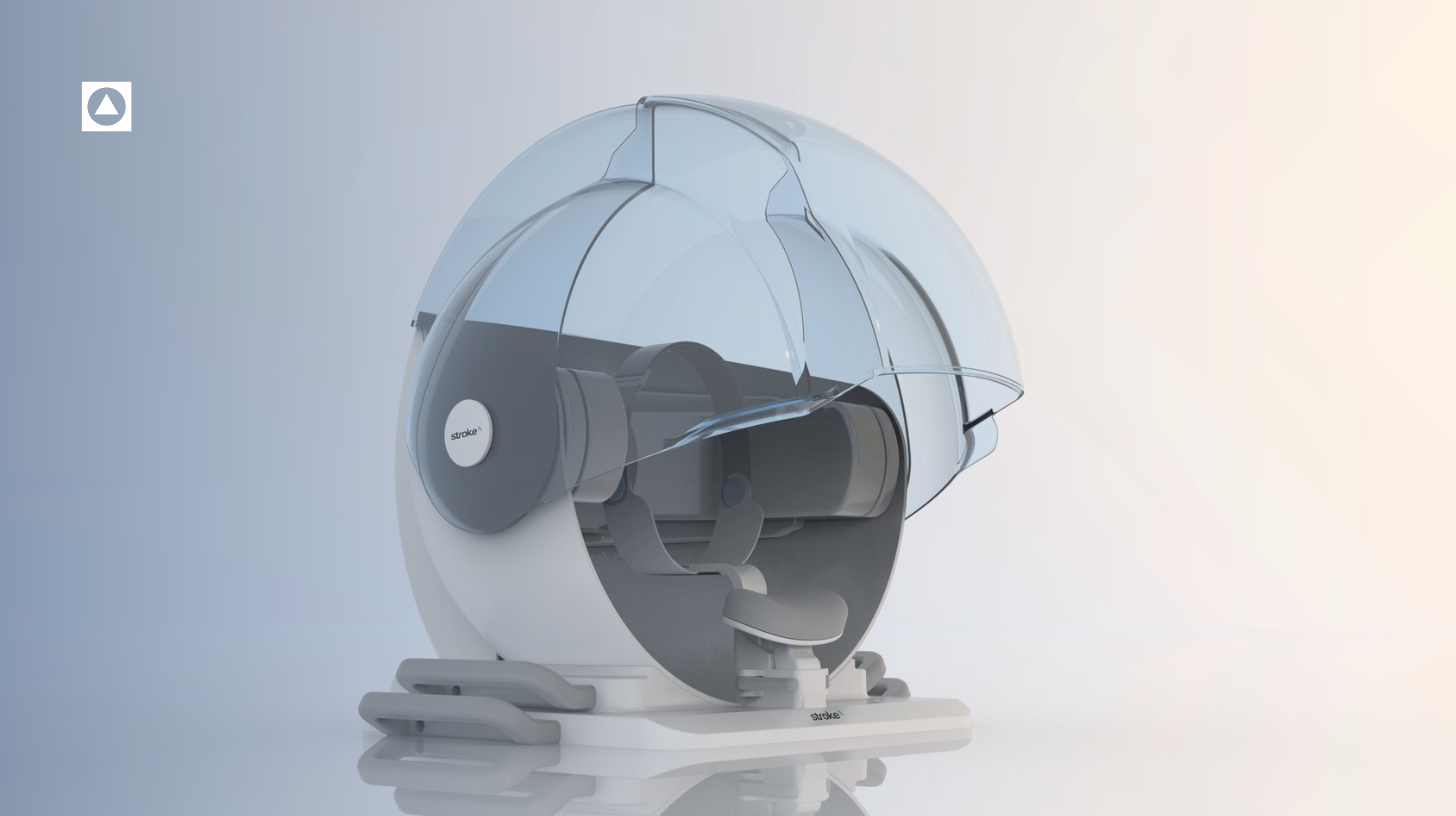The past few years we have worked with universities across the United States to share our Psycho Aesthetics process and mentor the next generation of designers and business people. This past year has brought us to Savannah College of Art and Design, Auburn University, Cal State Long Beach, Rochester Institute of Technology, UCLA, and many more. These P/A workshops give students a glimpse into the process we have employed for our clients for almost forty years and provides them with a new set of tools that helps communication and concept development.
“The opportunity to share knowledge, mentor and coach is one of the greatest gifts one can have in their professional life. Knowledge is the one thing you can give away and still have. “ – Ravi S CEO
With our connection with Cal State Long Beach (CSLUB), we have held multiple workshops at both the university and our studio. The students learn our P/A process as well as deep dive into our Harvard Business Review Case Study to practice what they learned. Each year we are amazed at what these students can come up with in a short amount of time.
“We first held a day long workshop at RKS and then a few weeks later, we traveled to their Long Beach campus to see how well they applied P/A. Professor David Teubner warned us that many of the students were up all night putting the finishing touches on their projects. Yet, every group member presented with the energy and clarity of a seasoned professional. And the quality of their work exceeded our high expectations. I’m looking forward to more of these meaningful collaborations in the future. I also have to tip my hat to professor David Teubner and his loyal students. Bravo Long Beach!” – Frank T President
In Addition, we recently held a workshop at UCLA’s business school. We were able to teach P/A and lead them through the design process. This four-week workshop concluded with students pitching startup ideas, business proposals, and some even had logos and an entire brand designed.
“The UCLA students were eager and excited to learn more about design and approached our team with excellent questions on how we work with our clients to create value. Today, both start-up and corporate cultures have become enamored with design at a surface level and know about “Design Thinking” but rarely take the initiative to truly invest in design and understand how design can impact business. It is great to see top MBA programs like UCLA teaching business students about design so that they are armed with the skills and understanding necessary to work with design teams as they continue their careers in marketing, strategy, and finance. Much of my time at RKS is spent communicating the business objectives to our design teams and the design initiatives to our clients in an effort to bridge the communication gap. If MBA programs continue to educate students about design and “Design Thinking” the future of design will be bright.” – Ben Executive VP
“One would normally focus on the differences between the two but what truly surprised us were the similarities between the two groups from what we normally perceive to be alternate universes. In fact, the MBAs conceptualized and created new design propositions far beyond our imaginations. The design student created new business models that we hadn’t imagined they could. The most impressive part was that they all learnt the basics of Psycho-Aesthetics and applied it in a team frame work to develop valuable insights and market solutions; all of which has a sense of real-world application. One can only image what happens when they find one another in their professional lives. We’re hoping to see much more and perhaps collaborations between the two schools.” – Ravi CEO
